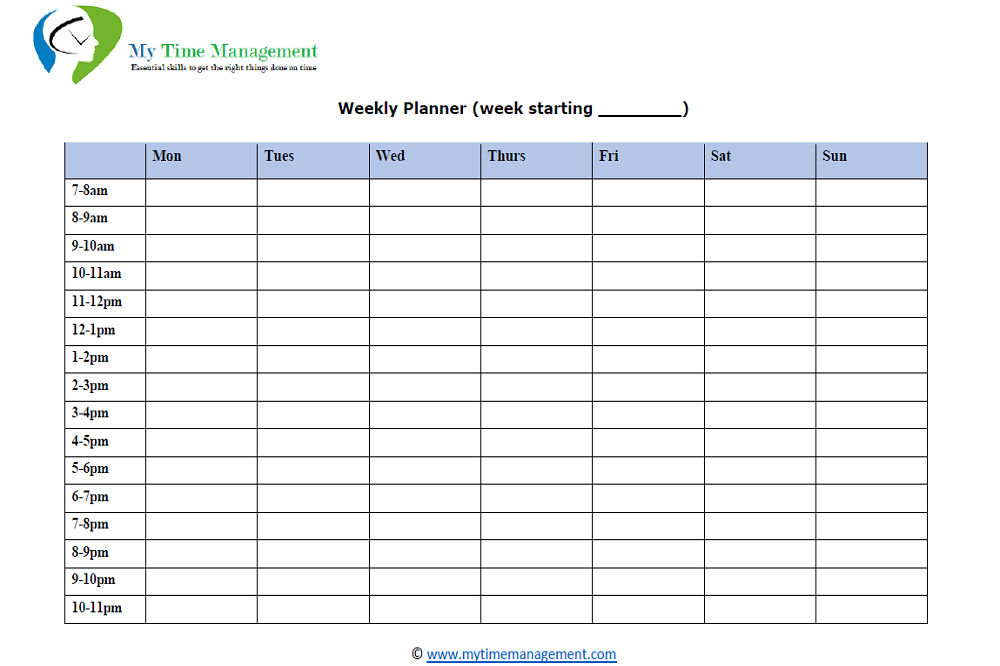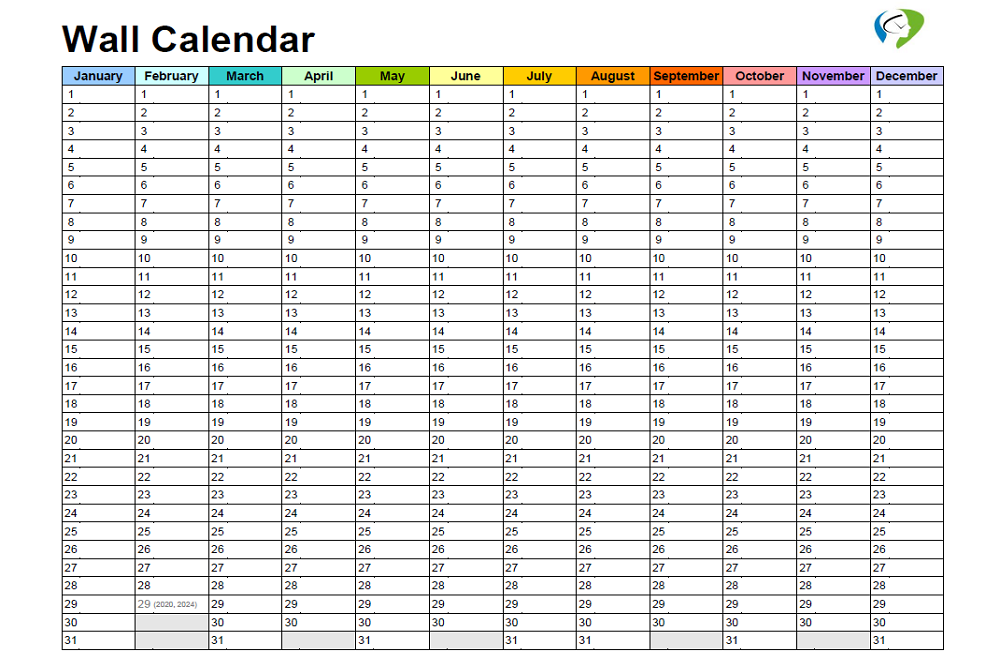- Home
- 7 Steps of Goal Setting
- Study Tip
Study Tip: Don't Fall for Your Own Procrastination Pick Up lines.
This study tip is for those students who have the best of intentions but still procrastinate and put it off to tomorrow.
We have all heard the proverb that 'The road to hell is paved with good intentions'. The procrastinator may have the good intentions to study for the exam, complete the assignment, or write the essay....but even with the best of intentions they just can’t seem to get started?
Does this sound like you?
If so, then you may be falling for your own pick-up lines that take you off your goal to study and lead you to procrastinate.
For example:

- Have you ever had the plan to study and then something more interesting came up?
- Or you were busy writing a paper and check in the latest youtube cat videos for a minute and then 1 hour later you still haven't got back to that paper.
- Or you are suddenly hungry...thirsty...tired.....[insert excuse] and just can't muster the willpower to do the reading that you had planned that day.
If so then this is a formula that plays out for you:
Good intentions + procrastination = maybe tomorrow
If so then goal intention (the goal to study in this case) is not enough. The study tip you need is an implementation intention.
What is an implementation intention?
In short an implementation intention takes the form of an "if-then" statement.
When you feel these familiar excuses coming up that conclude to you putting off what you should be doing....you need to treat these excuses as a red flag that you are about to procrastinate.
When you notice the red flag - which are your well worn excuses - you need to do is change your conclusions as to what happens when you are about to procrastinate.
This study tip needs some examples...
Let's stay with the excuses that I outlined above that may lead to the procrastinator to procrastinate:
For example, my typical well worn excuse is "there is more interesting stuff to do" then an implementation intention may look like:
“If I feel bored and there is more interesting stuff to do, then I will study for another 30 minutes and take a 10 minute break.”
Enroll in our free online study skills course and study smarter (rather than longer)
In our free study skills course you will develop an intention plan so that you no longer fall for your own procrastination pick-up lines. In this course we also provide a structured course that taps into time management, self management, and studying smarter (rather than longer).
For example, my red flag is "I catch myself wasting time watching cat videos" then an implementation intention may look like:
“If I catch myself wasting time watching cat videos, then I immediately close it and get back to what I was doing.”
Basically, as you can see with the above examples:
- the "IF" stands for the situational cue, and
- the "THEN" stands for the planned response.
You might be asking is that all....It is that simple....There are almost 100 studies that support the use of implementation plans.





New! Comments
Have your say about what you just read! Leave me a comment in the box below.